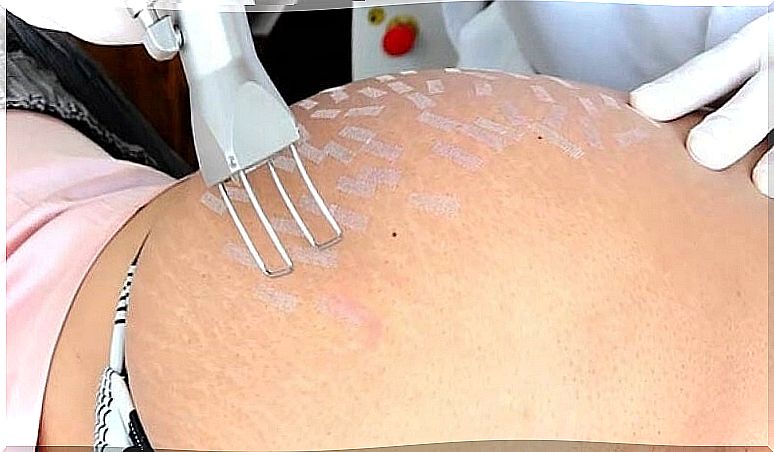Everything You Need To Know About Retinoids
Retinoids are compounds that can be of natural or synthetic origin that have the same biological activity as vitamin A. They are indicated to treat pudendal skin conditions. be for medical or cosmetic use.
Retinoids for medical use can be 20 times more powerful than those of natural origin. Among the retinoids of medical prescription, the retinoic acid, tretinoin, and isotretinoin. Regarding those for cosmetic use, retinol is the only one that is registered as such.
How do they work?
Retinoids are substances that act by increasing the thickness of the epidermis and decreasing the production of fat. For this reason, these compounds offer benefits similar to those of hydroxy acids. When using cosmetic retinoids, it is very important to take into account the concentration at which they are used, since their effectiveness and possible adverse effects have to do with it.
In addition, hydroxy acids and retinoids have exfoliating properties, so it is normal that when they are applied you perceive the sensation of itching on the skin.
In fact, you can differentiate between an adverse effect and the itchiness of the exfoliating effect in the duration of the same. If it is an adverse effect, it does not disappear after a few minutes, while the itching that is a consequence of exfoliation does.
Prescription retinoids
If you are being treated with retinoids for medical use, make sure that you use safe contraceptive methods. Oral retinoids such as acitretin, alitretinoin, Isotretinoin and tretinoin affect the formation of the fetus. For this reason, women who are of childbearing age, both from the start of treatment and during it, and after it ends, you should make sure you are not pregnant.
Depending on the retinoid you have taken, the periodicity of the control of the absence of pregnancy should be done even up to a month after finishing the treatment. This is the case with alitretinoin and isotretinoin treatments. If it is a treatment with topical retinoids, it is contraindicated during pregnancy and while you are planning it.

Cosmetic retinoids
Retinol is a derivative of vitamin A, which is very commonly used as an anti-aging ingredient. Vitamin A is one of the most effective cosmetic retinoids for reducing fine lines, blemishes and wrinkles.
This compound stimulates collagen production and cell renewal. Retinoids work by stimulating cell renewal that tends to slow down over time, especially after the age of 30. Retinoids for cosmetic use also help to remove dead cells from the superficial layers of the skin, oil and dirt accumulated in the pores.
How to use cosmetic retinoids
Most people when they start a retinoid treatment may experience some irritation or redness during the first few weeks of use. After this time, the skin gets used to receiving these compounds and becomes more tolerant.
When treatment begins, it should be applied every other day and gradually to get the skin to get used to it little by little. It is also convenient that you use low doses, especially if you have sensitive skin.
What are they used for?
The use of retinoids is indicated to treat multiple skin conditions. Some of them are acne, clogged pores, stimulation of the production of collagen and elastin as well as the reduction of fine lines, hyperpigmentation or photoaging.
They can be used to treat any part of the body, including mucous membranes. In fact, today they apply retinol peels on the lips and genital area.

What is the best time to use them?
The use of retinoids in summer has always been discouraged. However, there are currently preparations with active ingredients formulated in the form of liposomes. This form of formulation makes it possible to use retinoids for cosmetic use during the summer, although you must always remember to apply sunscreen every day.
Use retinoids?
The use of retinoid treatments for medical use is indicated only when it is considered absolutely necessary. For this reason, it is mandatory to inform women of childbearing age about the risk of congenital malformations and spontaneous abortion associated with the use of this type of medication.








